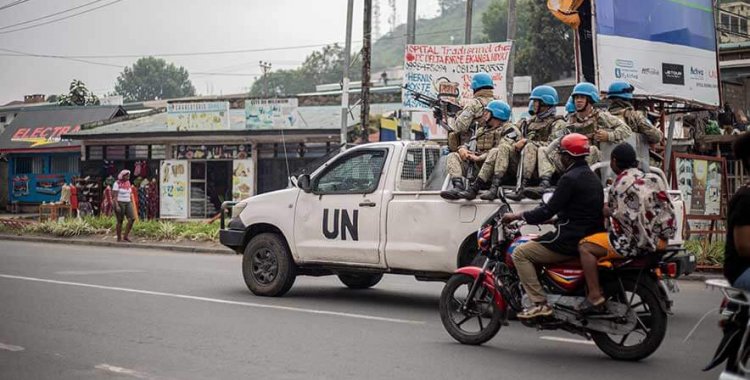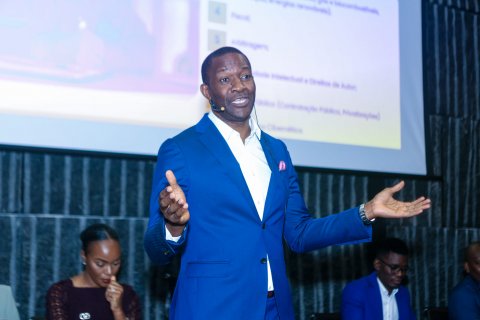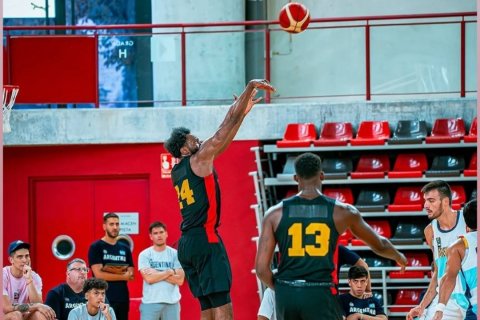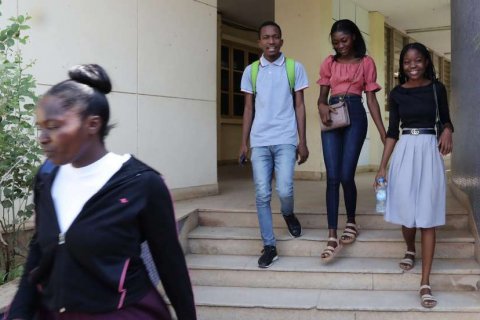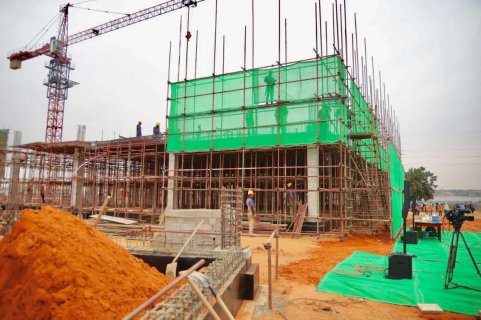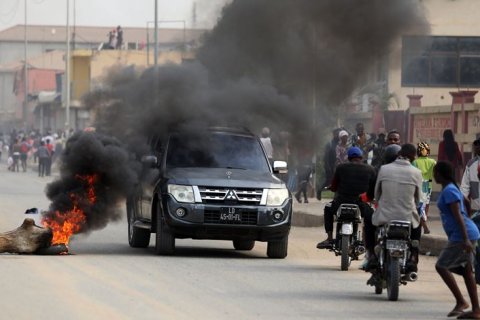The agreement was reached at a meeting in Goma, capital of the Democratic Congolese province of North Kivu, between the M23 and the SADC peacekeeping force (SAMIDRC), the two parties announced in a joint statement released by the spokesperson for the Congo River Alliance (AFC), which is part of the M23, Lawrence Kanyuka.
x“The AFC/M23 will facilitate the immediate withdrawal of SAMIDRC troops with their weapons and equipment, leaving behind all FARDC (Armed Forces of the Democratic Republic of the Congo) weapons and equipment in their possession,” the statement said.
The two sides will also “facilitate the joint technical team on the status of Goma International Airport for its reopening,” following the damage suffered by the airport facilities in late January when the M23 took over the city.
Under the agreement, SADC will assist in repairing Goma international airport to facilitate the withdrawal of SAMIDRC troops, who were supporting the FARDC against the rebels.
The pact was announced after the heads of state and government of SADC member countries ordered the withdrawal of their peacekeeping forces deployed in eastern DR Congo on the 13th, following an extraordinary videoconference summit of the regional bloc of 16 countries, including Portuguese-speaking Angola and Mozambique.
The decision was taken after 18 SAMIDRC soldiers (mostly South Africans) were killed in late January when the M23 advanced towards Goma, which it eventually captured on 27 January after heavy fighting with the Democratic Congolese army.
Two months later, the conflict remains unresolved, despite regional diplomatic efforts to find a solution.
After taking Goma, with a population of around two million and headquarters of international non-governmental organizations and UN institutions, the rebels continued to advance and, in mid-February, occupied Bukavu, capital of the neighboring province of South Kivu.
In addition to these two cities, which border Rwanda and are rich in minerals such as gold and coltan - essential for the technology industry and the manufacture of cell phones - numerous territories have successively fallen under the control of the M23 in recent weeks, which has even created parallel administrations.
The M23 is supported by Rwanda, according to the UN and some Western countries.
Since the conflict escalated in January, more than 850,000 people have been displaced in South Kivu alone, according to the United Nations Children's Fund (UNICEF).
In addition, fighting in and around Goma killed more than 8,500 people in January, DR Congo's Public Health Minister Samuel Roger Kamba said in late February.
Armed activity by the M23, a group made up mainly of Tutsi victims of the 1994 Rwandan genocide, resumed in North Kivu in November 2021 with lightning attacks against the government army.
Since 1998, eastern DR Congo has been mired in conflict fueled by rebel militias and the army, despite the presence of the UN peacekeeping mission (Monusco).

